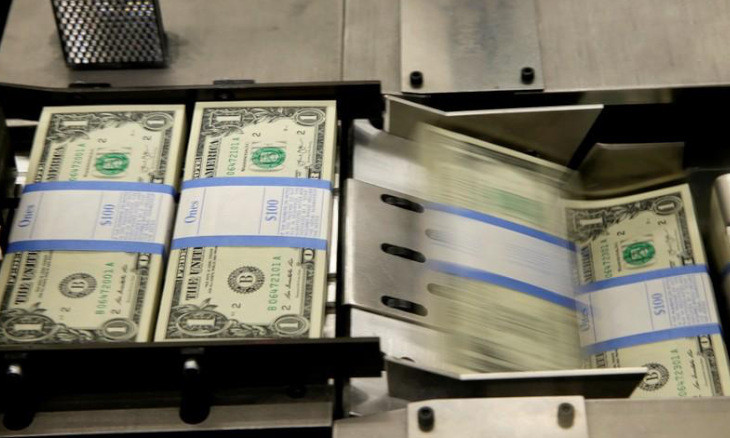Turkey lowers asset ratio as part of normalization
Turkey's banking regulator on Sept. 28 lowered the asset ratio calculation for deposit banks to 90 percent from 95 percent and for participation banks to 70 percent from 75 percent, in a bid to boost the lira. This came at a time when the country is making efforts to lasso inflation and support price stability, trying to calm down the markets.
Anadolu Agency
Turkey's banking regulator on Sept. 28 lowered the asset ratio calculation for deposit banks to 90 percent from 95 percent and for participation banks to 70 percent from 75 percent, in a bid to boost the lira.
The decision will be effective from Oct. 1, according to a statement by the Banking Regulation and Supervision Agency (BDDK).
As a continuation of the normalization, the regulator noted, steps will be taken for the aforementioned board decisions promulgated during the pandemic period where uncertainties and risks in global markets increased.
This came at a time when the country is making efforts to lasso inflation and support price stability, trying to calm down the markets.
Last week, the Turkish Central Bank raised its benchmark rate.
 Turkey's Central Bank hikes interest rates unexpectedly, bumping up lira from record low
Turkey's Central Bank hikes interest rates unexpectedly, bumping up lira from record lowFor the first time since a currency crisis in late 2018, the bank raised its one-week repo rate -- also known as the bank's policy rate -- by 200 basis points, from 8.25 percent to 10.25 percent.
The asset ratio was introduced earlier this year to push financial institutions to step up lending, buy government bonds and engage in swap transactions with the central bank.
 How ‘local dollars’ printed by Turkish Treasury
How ‘local dollars’ printed by Turkish Treasury
